Hayes School of Music professor earns Quality Matters certification
Courtesy of Dr. Reeves Shulstad
Dr. Reeves Shulstad is a professor in the Hayes School of Music who teaches MUS 2023 Music and Gender. The course is one of the first classes certified by App State’s Quality Matters, a non-profit organization that focuses on professional development and standards in online education.
September 11, 2019
“You have to be very self motivated, you have to be someone who can get yourself on a schedule and not be afraid to ask questions,” Hayes School of Music professor Reeves Shulstad said about online courses.
Shulstad teaches a section of MUS 2023, Music and Gender, during the spring semester and a section during the summer sessions.
Music and Gender is one of the first classes certified by App State’s Quality Matters.
Quality Matters is an international, U.S.-based nonprofit organization, said Director of Learning Technology Services for the Center for Academic Excellence Tom Van Gilder.
“It started as a federal improvement grant with Maryland Online, where a group of faculty and educators and administrators went together and just kind of had the belief of quality online education,” Van Gilder said.
Van Gilder said Quality Matters is focused on professional development and setting quality online standards.
“I knew what Quality Matters was, and I knew that I would have an opportunity to work with the learning technology people,” Shulstad said. “I wanted this team to have a whole focused look on this class and put together particularly things that had to do with accessibility and making sure that I had all my bases covered.”
Professors interested in certifying their courses must complete an application and must include a letter of recommendation from their department chair.
If chosen by the Center of Academic Excellence, professors work with a team from Learning Technology Services to improve their course. Afterward, it is sent to an off-campus group from Quality Matters to make sure it meets their standards.
“A lot of faculty, probably over 100, are doing some different form of Quality Matters, workshops and other professional development opportunities,” Van Gilder said. “It’s taking it to the next level, going through these standards and saying, ‘Oh, this is really what I need to focus on.’”
Van Gilder said the process is rigorous; about 80-100 hours of work are put into improving the courses, on top of the normal professor workload.
“I found it a very rewarding experience,” Shulstad said. “I got good feedback from my colleagues on campus, and I got good feedback from the reviewers.”
In addition to Shulstad’s course, five other courses were certified, including Personal and Family Health, Nature of Autism, Integrating Literature and Media into Instruction, Mass Media and Society, and College Algebra with Applications. Van Gilder said they are trying to certify six courses each semester.
“This is the industry gold standard for online education,” Van Gilder said. “This looks really good professionally, and it is recognizing to App State faculty and students that this is a stellar course by one of our stellar faculty members.”
Shulstad has taught her course online since 2014, and it earned the Quality Matters certification this past spring.
“This class deals with music from an intersectional perspective thinking about not only gender, but race and class and ability and things like that,” Shulstad said. “We look at a variety of different topics through those lenses, and think about how the music reflects those different aspects.”
Shulstad said her favorite part of teaching is getting to know the students and adding a deeper understanding of how they interpret music.
“Dr. Shulstad was one of my favorite professors,” senior exercise science major Samantha Lew said. “I was really nervous about the class at first because I knew nothing about music. She definitely made it understandable, but also interesting because it was discussion-based.”
Lew said she enjoyed the deeper relationships she formed with students in her class in a way that doesn’t happen in most courses.
“I feel like I closed a lot of loops with making the class accessible to a variety of learners,” Shulstad said. “I’m using open-access materials in the best way, in the spirit of the way they were intended to be used. It’s providing a model for how I want to teach all of my classes.”

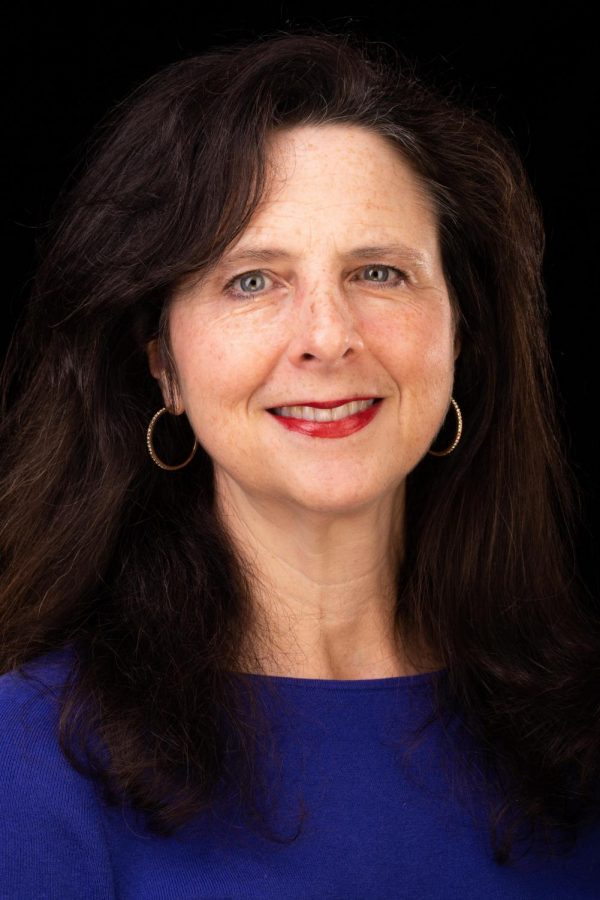

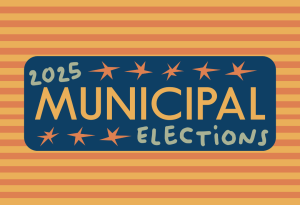
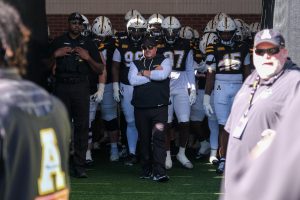


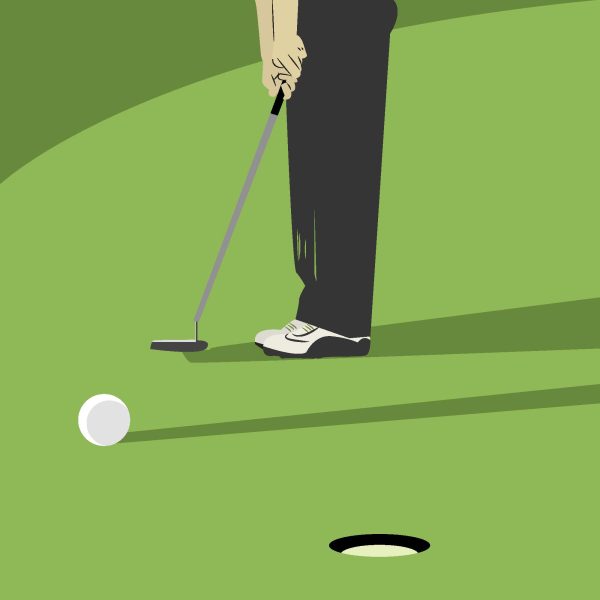


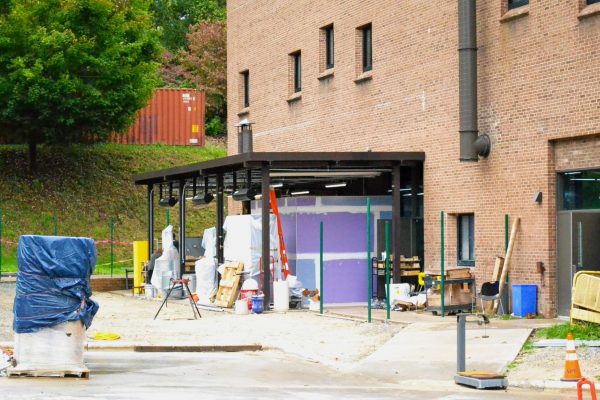

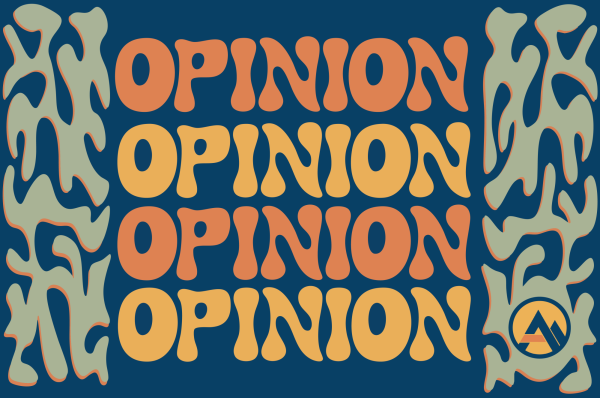
Angela E Pharr • Sep 15, 2019 at 8:39 pm
Great article!
Tom Van Gilder’s last name is Van Gilder, not just Gilder.
Thank you!